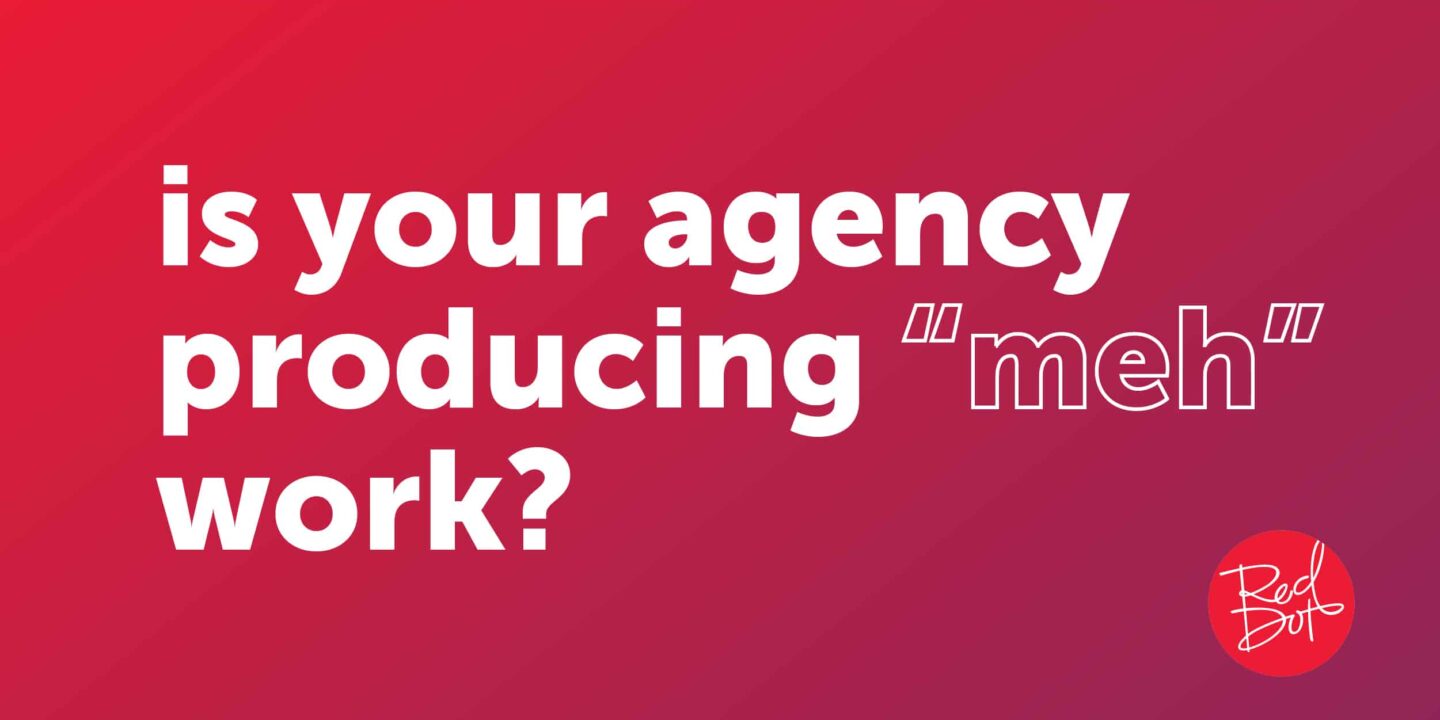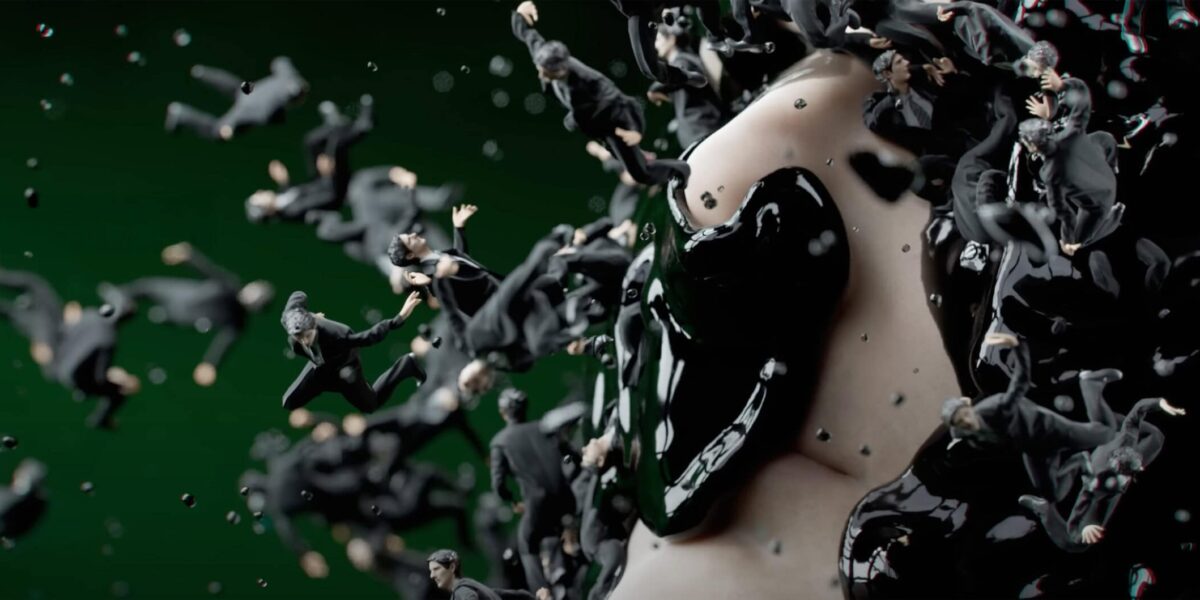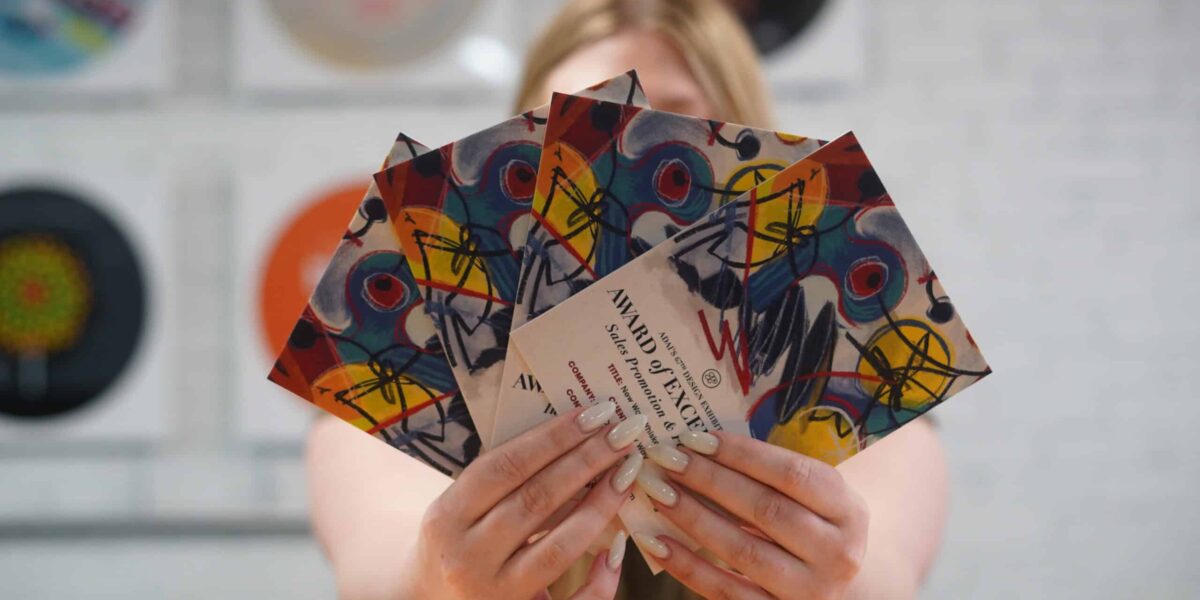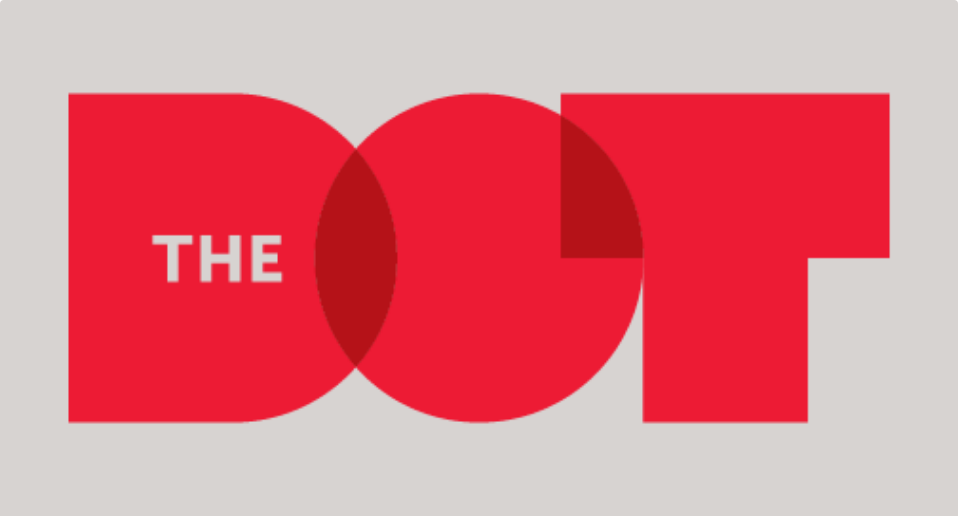How to give feedback that improves creative work: 4 Tips

| Red Dot | Creative Services
Client agency relationships are great when they’re great. And, well, they can be painful when they’re not. It’s okay. Sometimes the chemistry just doesn’t work. Other times there’s a breakdown during the feedback stage of creative development. That’s when these tips come in handy.
Let’s say you’ve given your agency initial direction. It’s thoughtful. It’s strategic. It’s goal-centric. Next, they present work that aligns with your creative brief. And now, it’s up to you to give feedback. Here are four tips that will encourage thoughtful solutions, inspire your creative team, and help you both make the work better.
1: Be less specific.
You read that right. Be LESS specific. Saying things like,“move this here” or “make this larger” limits creative solutions to the problem you’re trying to solve. You can work together on a solution if your feed back poses a question. For example, “Is the hierarchy of the messaging coming across correctly?” Or, “Is our brand identity coming through here?” If you have a great team, they’ll come up with a solution that’s even better than you imagined. ‘Cause that’s what good creative teams do.
2: Check your personal preferences.
We all have likes and dislikes. A certain shade of red. A turn of phrase. I mean, can we agree puns are just the worst? The question is, are these things right to use in this instance at this time? Your brand and your message are the top priority for your agency. If it works and aligns with the brief, it’s at least worth careful consideration before dismissing for personal reasons. Except puns. Never puns.
3: If it’s good, it’s good.
Many times during creative presentations, clients feel it is their job to find something to change. But change for the sake of change is not a great use of budget. And sometimes the work is good right out of the gate. It’s okay to say good work, what’s next. In fact, it’s more than okay. There will be plenty of other opportunities to make other work better. We promise.
4: Trust your team.
Not implicitly, of course. If a message or visual is not right—it’s not right. And speaking up is the right thing to do. But generally, your agency partner is full of talented designers, writers, strategists, planners, buyers, animators and project managers who want your work to be so successful that people will stop you on the street and ask “what agency do you use?” Trusting your agency isn’t risky. It’s smart.



